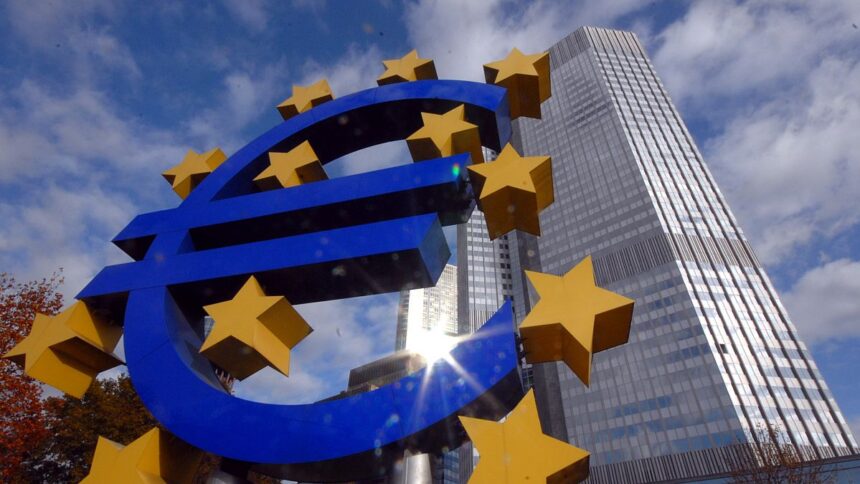The Eurozone quarter-on-quarter GDP growth rate inched up in the third quarter of the year, boosted by increased government and household spending, as well as higher inventories.
The third estimate for the quarter-on-quarter Eurozone gross domestic product (GDP) growth rate for the third quarter was released on Friday. GDP growth came in at 0.4% in Q3 2024, according to Eurostat, in line with analyst estimates, and above a 0.2% increase in the second quarter of the year.
It was also the most robust growth seen in the last two years.
The boost was mainly because of a rise in household spending, while inventories and higher government spending also contributed to it.
However, net trade capped Eurozone GDP growth gains slightly, with imports inching up 0.2%, but exports falling 1.5%.
On a year-on-year basis, the Eurozone GDP growth rate came in at 0.9% in the third quarter, also in line with market estimates, as well as above the second quarter’s 0.5%.
Kyle Chapman, FX markets analyst at Ballinger Group, said: “The stronger-than-expected growth in the third quarter appears to be one of the major reasons why policymakers have been leaning towards a 25bps rate cut rather than 50bps.
“There is a tension between looking back and looking forward here that the ECB will need to weigh next week- growth ultimately wasn’t as bad as expected over the past few months, but the soft PMIs and the political uncertainty in France and Germany suggest that things could get significantly worse over the coming quarters.
“It is also worth noting that the growth surprise was warped by volatility in the data from Ireland, where the quarter-on-quarter expansion was a huge 3.5%.”
Germany avoids recession while Spanish economy stays resilient
Coming to the biggest economies in Europe, German GDP grew 0.1%, missing analyst expectations of 0.2%. However, the country has still managed to sidestep a recession.
That is despite Germany continuing to face a slew of issues such as falling competitiveness, slowing economic growth, a drop in consumer sentiment and more economic and political uncertainty. Higher energy prices and stronger competition from Chinese manufacturers have also contributed to this.
The Netherlands’ economy decreased to 0.8% in Q3 2024, down from the previous quarter’s 1.1%, mainly because of lower export growth, labour market tightness and falling labour productivity.
Similarly, dropping net exports also impacted the Italian economy in the third quarter of the year, along with a slumping manufacturing industry and weakening business and consumer confidence.
Spain’s economy continued to expand, up 0.8% and at the same rate as the last quarter, with a robust labour market and consumption contributing to this figure, along with ongoing high tourism numbers. The French economy also grew 0.4%.










